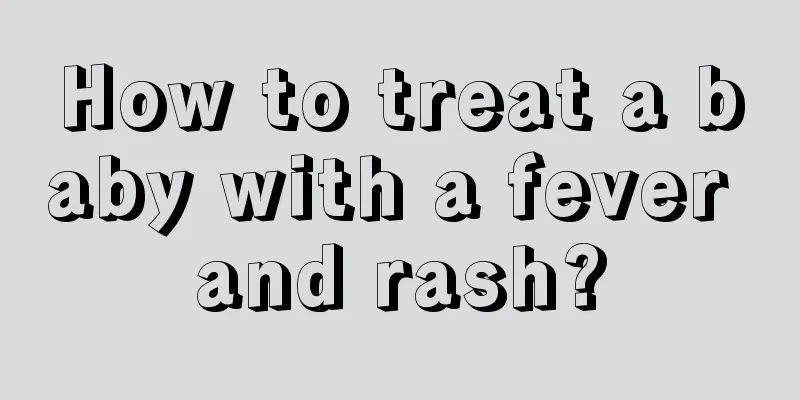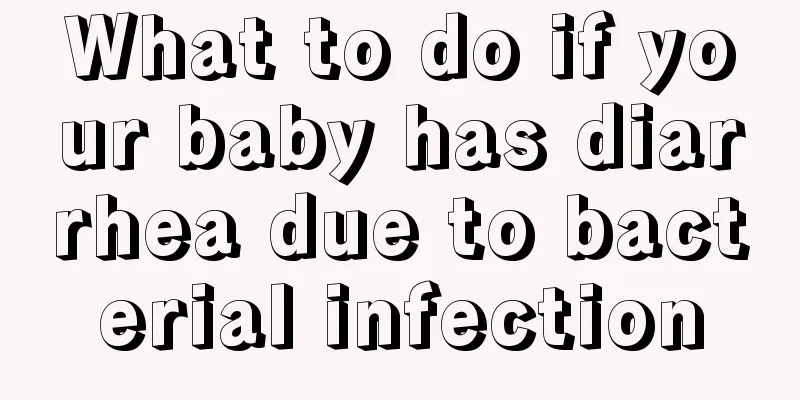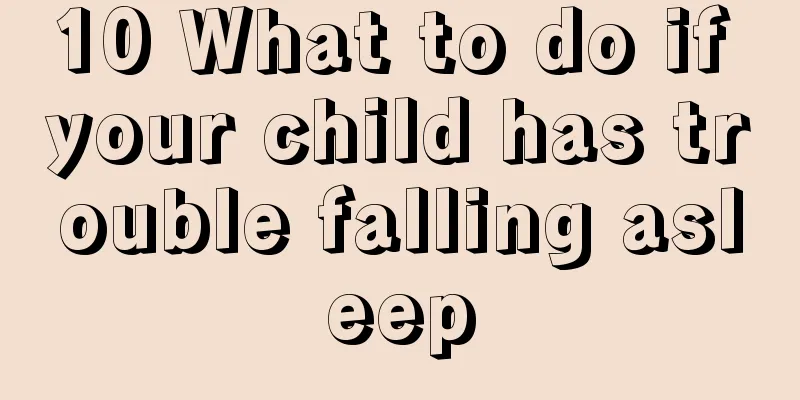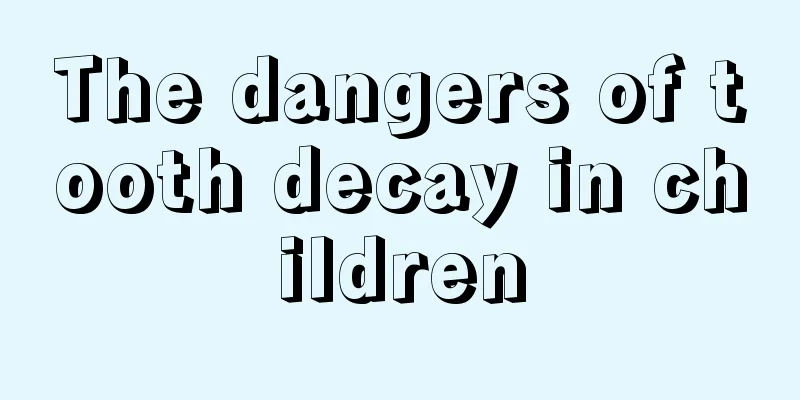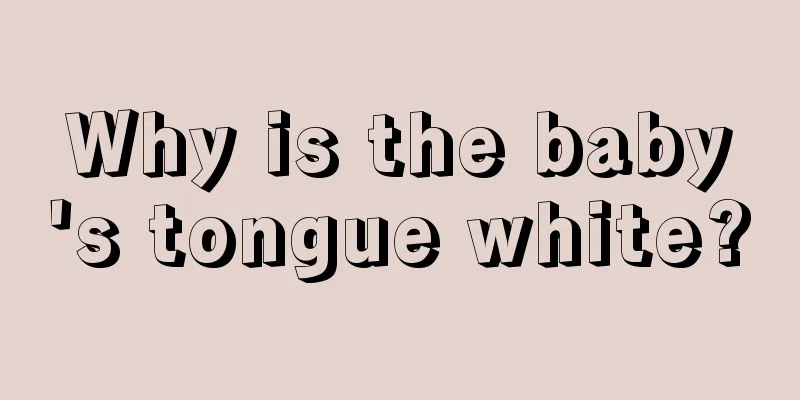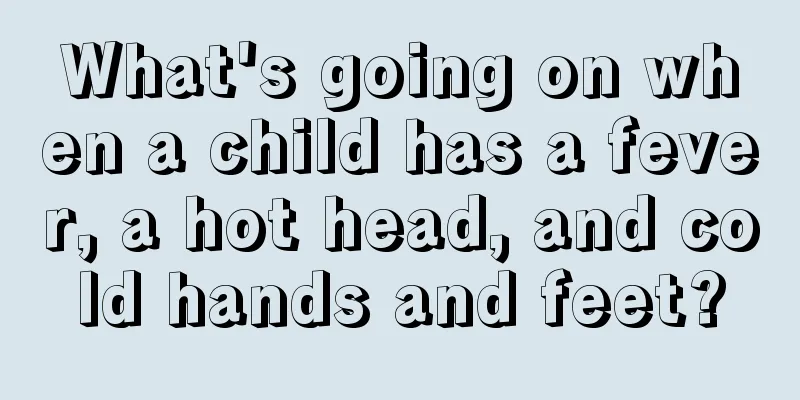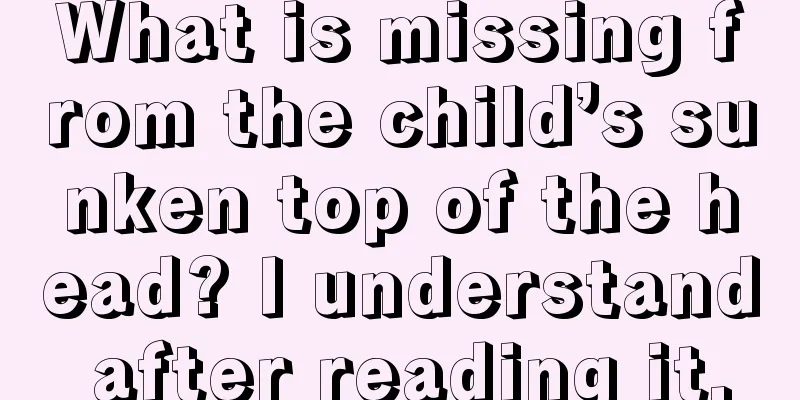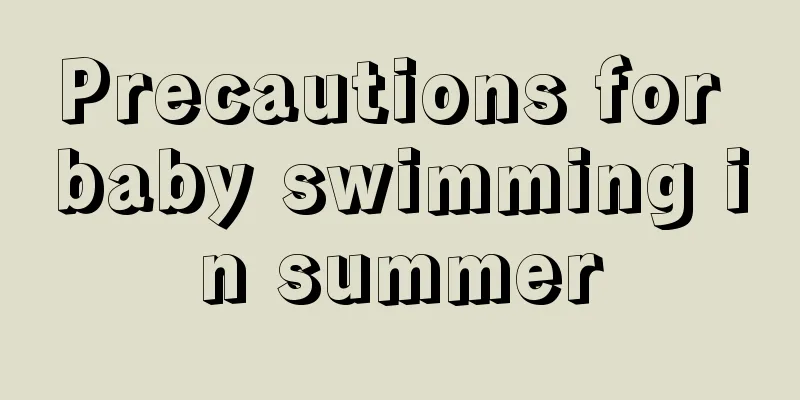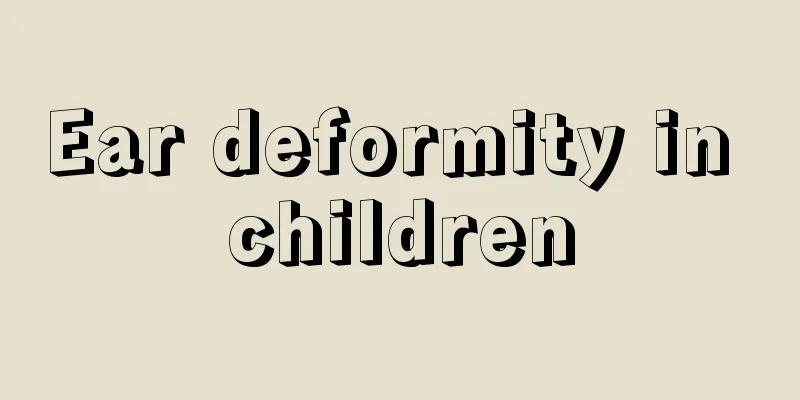Children with rhinitis and runny nose
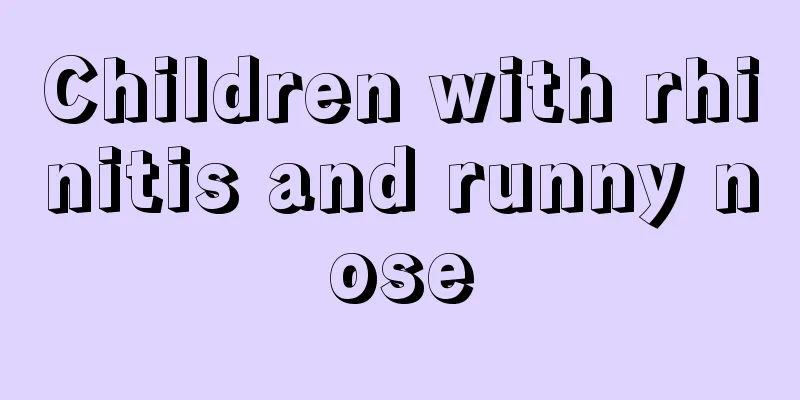
|
When most children have a runny nose, most parents do not pay much attention to it and think it is normal. In fact, children may have sinusitis due to a runny nose. In recent years, the incidence of sinusitis among children is very high. Most parents do not have a special understanding of sinusitis caused by rhinitis. By the time they discover it, they have missed the best time for treatment. Sinusitis must be treated in time, the sooner the better. In addition to nasal congestion and purulent nasal discharge, symptoms of sinusitis in children may be accompanied by fever, cough, mental depression, irritability, etc. It may also be accompanied by otitis media, nosebleeds and joint pain. Older children may complain of headaches. After chronic sinusitis develops, there will be blockage nasal sounds and mouth breathing, and the mucous nasal discharge will be "inexhaustible". Long-term nasal obstruction and mouth breathing can affect the development of the face and chest, and lead to memory loss and poor academic performance. Colds are the most common cause of sinusitis in children. Compared with adults, children have weaker physical constitutions, limited self-protection abilities, and are more susceptible to catching colds. When a child has a cold, the nasal mucosa becomes inflamed. If not treated in time, the inflammation in the nasal cavity will spread and invade the sinuses, causing acute sinusitis. In addition to the common cause of colds, other causes of sinusitis in children include the presence of foreign objects in the nose, which hinder the drainage of secretions in the sinuses and can also cause sinusitis. If a child has tooth decay and it is not treated in time, causing inflammation of the tooth root, it may induce inflammation of the maxillary sinus close to the tooth root. Since children cannot express their condition accurately, it is easy to delay their treatment. Parents should consider the possibility of sinusitis if they find that their children have the following conditions: symptoms lasting more than 10 days after a cold; suffering from upper respiratory tract inflammation multiple times a year; and having a lot of purulent nasal discharge. Be sure to take your child to a qualified specialist hospital in time for standardized treatment, and do not abuse drugs on your own to avoid delaying the disease and causing serious consequences. There are many ways to treat sinusitis in children. Vasoconstrictors can be dropped into the nose, and for those with allergic factors, anti-allergic drugs can be applied systemically. Children over 6 years old with chronic sinusitis can undergo negative pressure replacement therapy. |
<<: Roxithromycin dosage for children
>>: What to do if your baby has a cold, cough and runny nose
Recommend
My child seems to have phlegm in his throat. What should he eat?
Generally speaking, coughing and sputum are sympt...
What are the symptoms of lung heat cough in children?
Children have a very poor physical constitution a...
What causes baby's skin to turn yellow?
There are many reasons for the baby's skin to...
What to do if your baby is bitten by a poisonous insect
Summer is here, and as the temperature rises, bab...
What to do if your child has spring diarrhea
As the weather gradually warms up in spring, it i...
Why is the baby's stool blue?
In daily life, some careful parents will find tha...
Causes of tachycardia in children
Children will have some health problems in the pr...
How to treat eczema herpeticum in children?
How to treat herpetic eczema is a question that t...
How to make mashed potatoes for nine-month-old babies
Nine-month-old babies are already able to eat com...
How to cure rhinitis in children?
Children have weaker constitutions and are more e...
What are the ointments for children's external hemorrhoids?
Hemorrhoids are a very common disease in the anal...
Why do children refuse to eat?
There are many reasons why children don’t eat. If...
The best age for your baby to go to kindergarten
Many parents are wondering when is the best time ...
What are the symptoms and treatment of spastic intestinal bleeding in children?
Childhood intestinal spasms are a common disease ...
How to correct a baby's big right side face
Chinese people pay attention to symmetry, which i...
